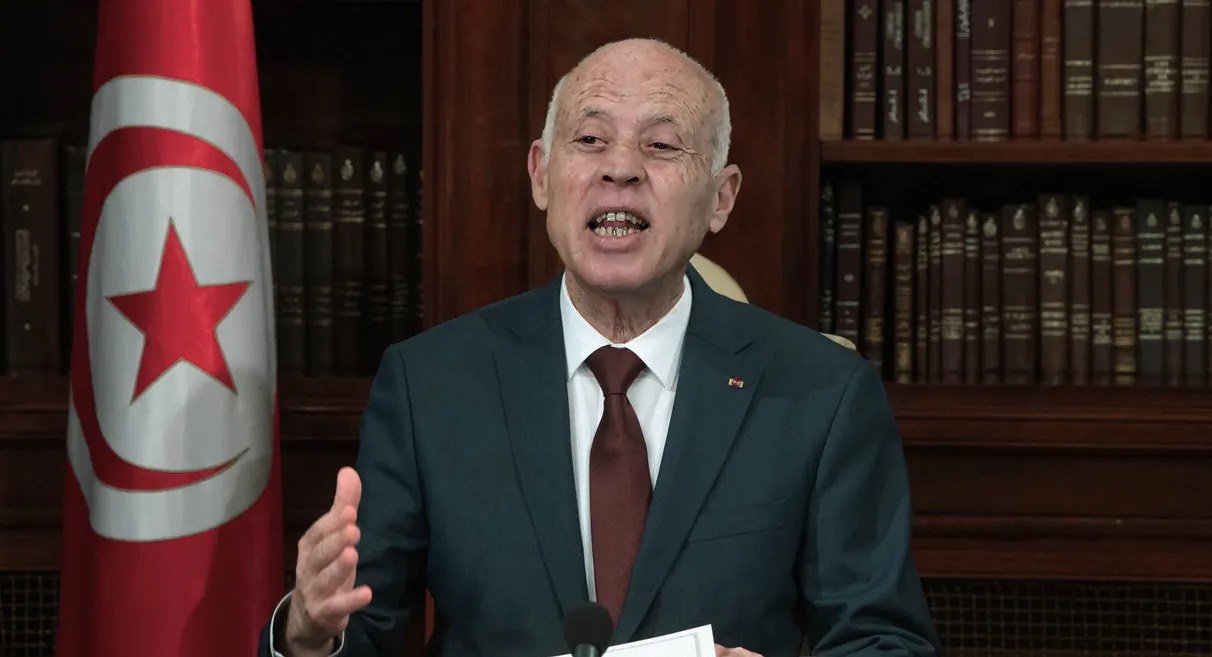Latest protesters can’t afford fuel to light themselves on fire, Tunisian government reassures Arab leaders
18 Jun 2021

The Tunisian government sought Friday to reassure neighboring Arab countries after recent protests over economic conditions, dispelling fears that the nascent movement might spur a second Arab Spring since fuel is too expensive for demonstrators to use it to set themselves on fire.
The government pledged it would not be responsible for another wave of Arab revolutions, saying it had learned the lesson of past upheavals by deliberately worsening the economy to the point where ordinary citizens no longer have enough money to use their burning bodies again to show their displeasure.
President Kais Saied said the latest demonstrations, which took place after the emergence of a video of a policeman punching a shepherd, and the public anger at high unemployment, rising cost of living, mismanagement of the coronavirus pandemic response, corruption, decline in public services and the general bankruptcy of the state, were different from the situation 11 years ago when a policewoman slapped a vegetable vendor.
“The circumstances are different, because Ben Ali left and Kais Saied came,” Saied said. “Kais is not Ben Ali, and Kais’s wife is not Ben Ali’s wife, and even if Kais wanted to steal and be corrupt, he will not find anything to steal.”
“Because of this, the popular anger will not reach the point of overthrowing the regime and launching another Arab Spring,” he added. “All Arab officials can rest easy knowing that the latest events will not exceed burning some tires and closing a few roads like any normal demonstration in any Arab city that ends with some tear gas and arrests.”
Interior ministry spokesman Mahmoud Lublafi denied that security forces responded heavy-handedly to the protesters.
“We merely wanted to join in marking the passage of over a decade since the glorious revolution and we did not want the people to be by themselves in the streets as though we are not part of Tunisian society,” he said. “So we went down with them and reenacted similar events from the past like chasing them off the street and building checkpoints and other activities until people became tired and went home.”
He said the security services detained a few teenagers between 12 and 15 years of age to instruct them in the need to stay home in order to avoid getting run over by armored vehicles in future celebrations, because they are “our hope in the future.”